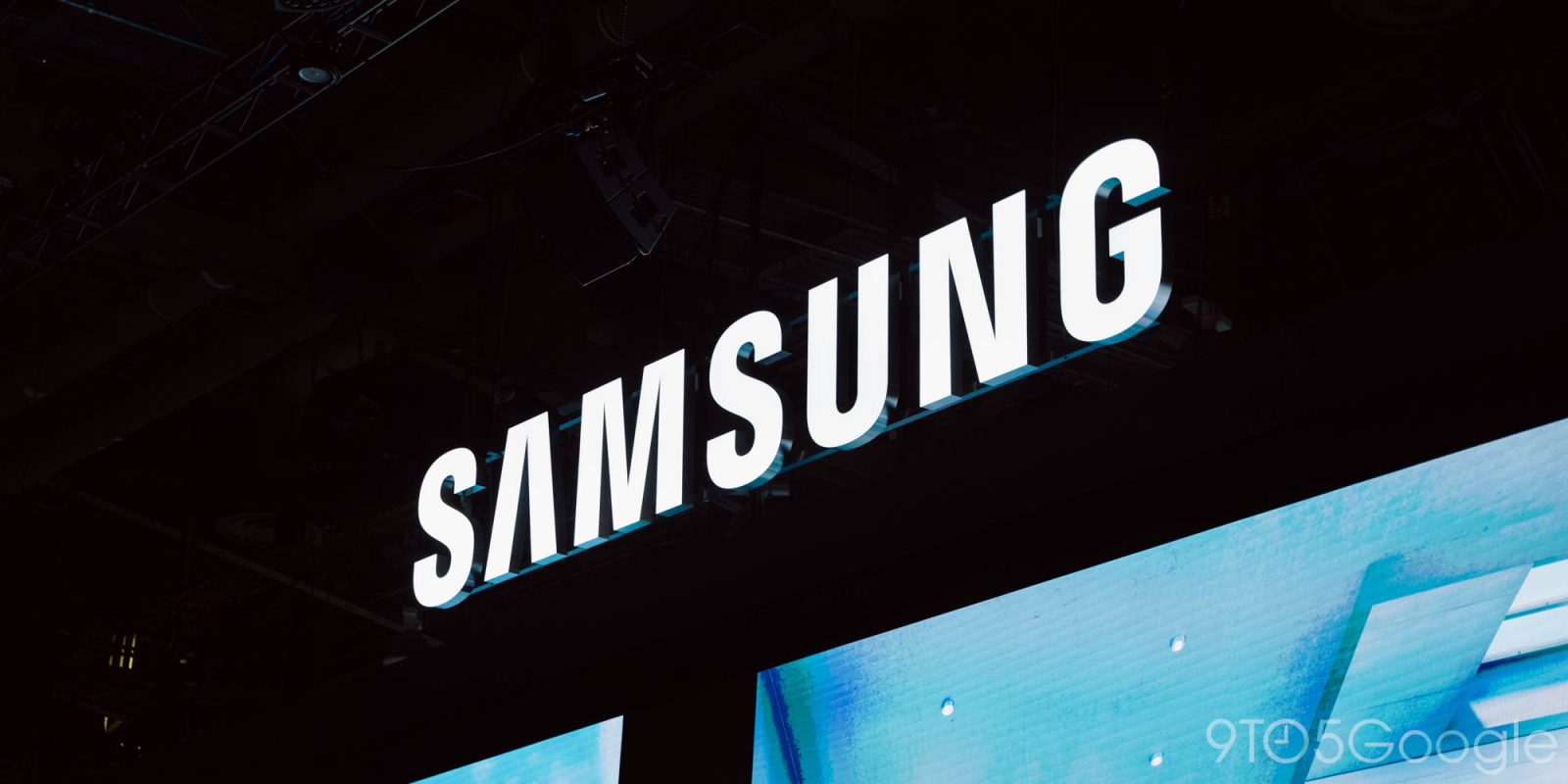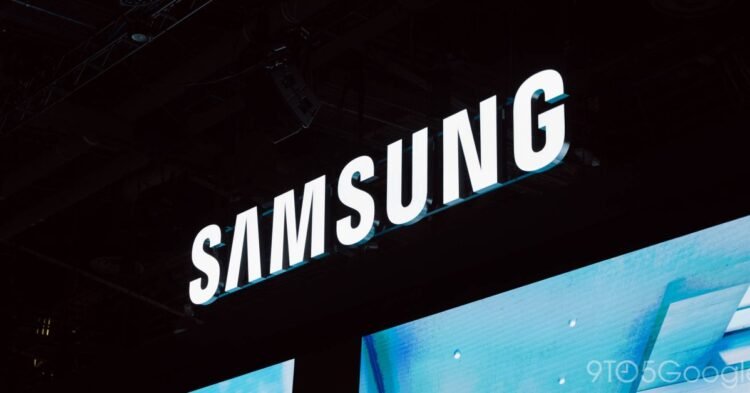
Samsung is seemingly struggling to find chip buyers for 3nm chipsets due to low yields, as the company enters its third year in production. This comes as Google has shifted to purchasing its upcoming Tensor G5 SoCs from TSMC instead.
Google has relied on Samsung’s foundry to produce every single generation of the Google Tensor lineup. That includes the first 5nm model to the current 4nm SoC in the Pixel 9 series. Recent reports indicate that Google doesn’t plan to stick with Samsung for its processor needs and plans on working with TSMC for the Tensor G5.
According to a new report, Samsung’s semiconductor division is struggling to find buyers for its 3nm processors (via ChosunBiz). The current yield is said to be only at 50%, while TSMC is operating at 90%. This doesn’t seem to be a case of a new product, as the original report points out that Samsung has been producing 3nm SoCs for three years. This far in with a low yield would indicate further issues, and OEMs have taken notice.
TSMC has had a large foothold for some time, and it was thought that Samsung would be able to swoop in and demand a significant portion of the newer chip market as 4nm and 3nm have become more viable. With this new data, it’s clear that OEMs like Qualcomm, MediaTek, Google, and others are looking to work with TSMC at a reportedly higher price for the latest SoCs with a reliable yield.
As for Google, previous leaks not only note that the company plans to build the Tensor G5 SoC with TSMC but also that the company has locked in to the Pixel 14 series. That’s an additional 3 to 5 years with the semiconductor giant.
The report states that there have been cases of clients finding issues with Samsung’s chip manufacturing process and turning to its competitor. This doesn’t seem to be a one-off instance, according to an unknown industry insider who claims that doubts are increasing with Samsung’s foundry. That doesn’t look to be the case for the company’s 7nm division, as its chipset will be found in the Nintendo Switch 2.
Whether or not the company is struggling, it’s clear that the popular choice seems to remain TSMC for most manufacturers. As chipmakers move into a 2nm chipmaking process, it will be interesting to see if things stay the same or shift in Samsung’s favor.
More on Google:
FTC: We use income earning auto affiliate links. More.


















